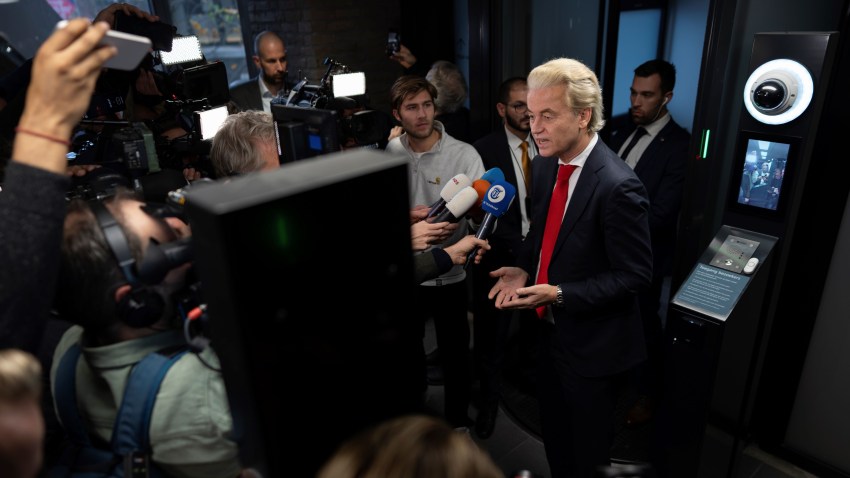After nearly six months of negotiations, four right-wing parties in the Netherlands said they had reached a preliminary agreement to form a government. The agreement will mark a sharp right turn for the Dutch government, after Geert Wilders’ far-right Party for Freedom, or PVV, won the most votes in general elections in November, although Wilders will not become PM. (New York Times)
Our Take
The past six months of Dutch politics have underscored two political trends across Europe that are often in tension with each other.
The elections in November, in which the PVV emerged with a shock victory, highlighted not only the rise of the far right, but its normalization. For decades, far-right parties and leaders like Wilders—who has espoused anti-immigrant, anti-Islam and Euroskeptic positions—were not only considered extreme but dangerously so. And yet, as Alexander Clarkson wrote in November, Wilders’ victory was the culmination of long-term trends that legitimized the PVV in the eyes of much of the Dutch electorate.

